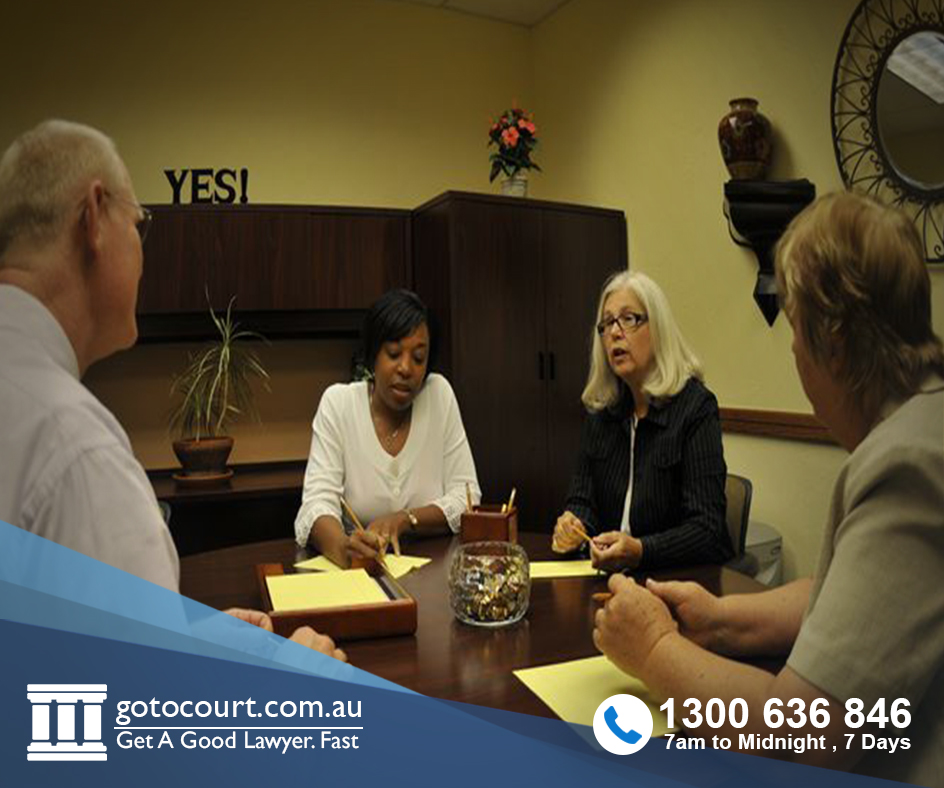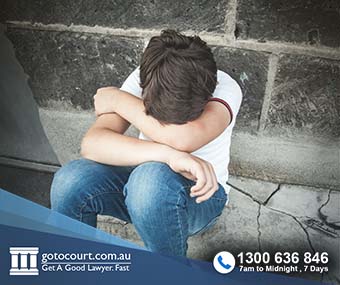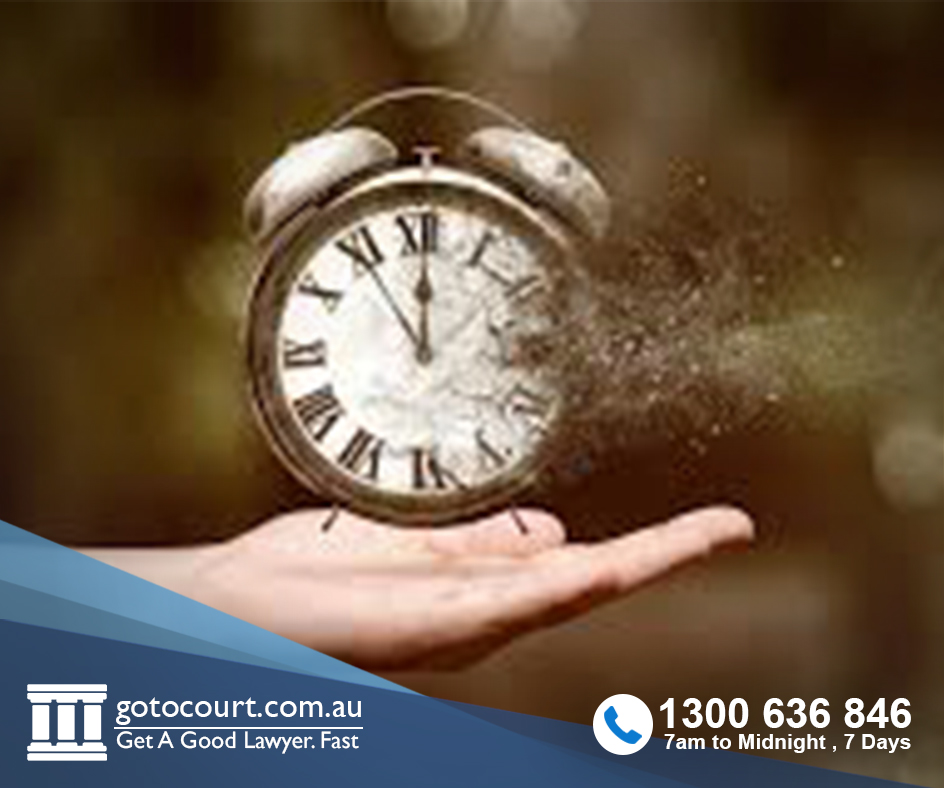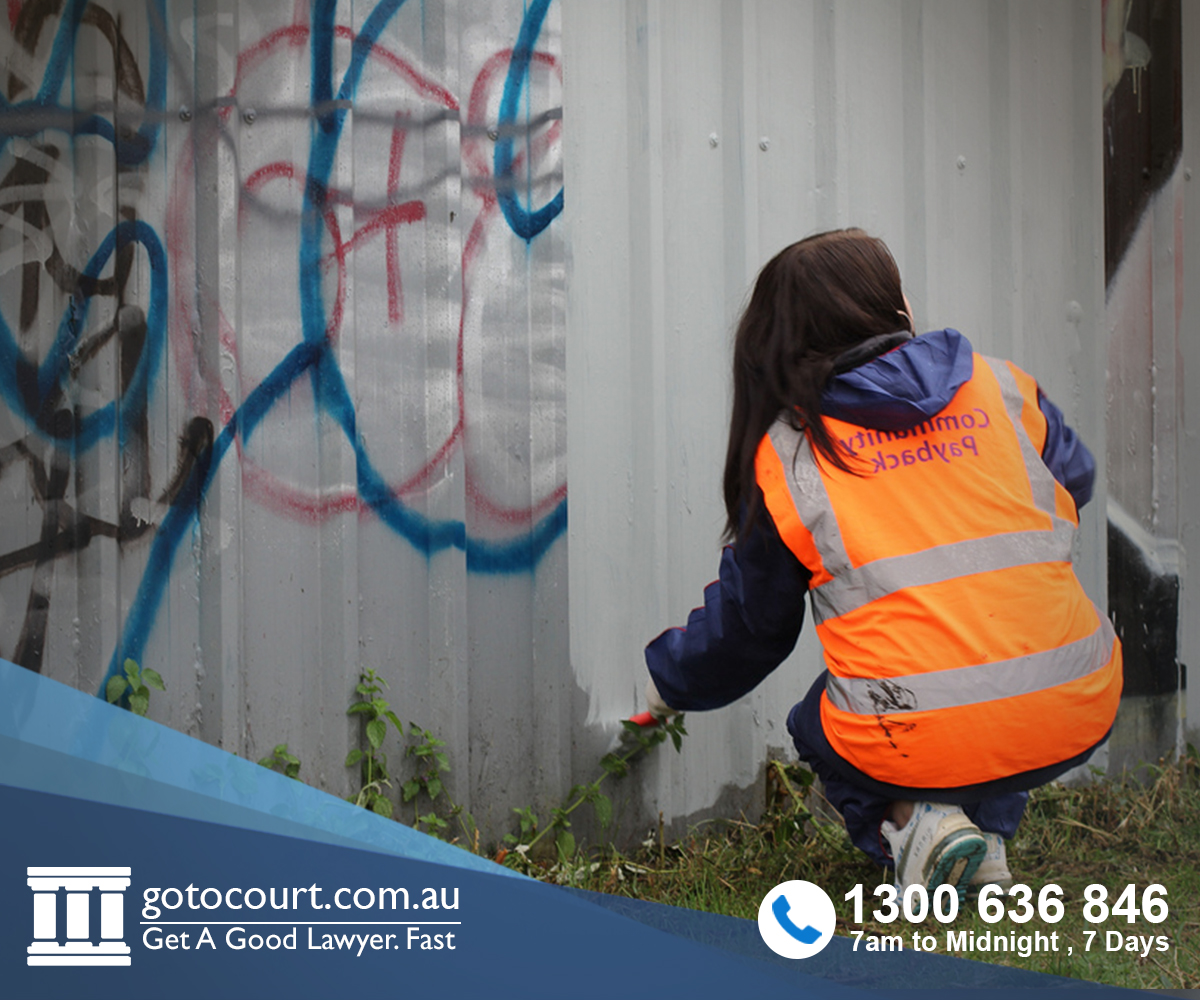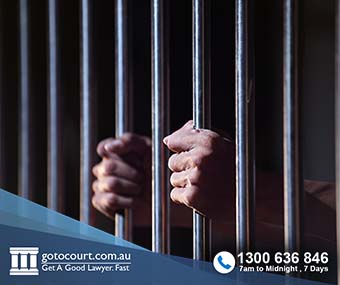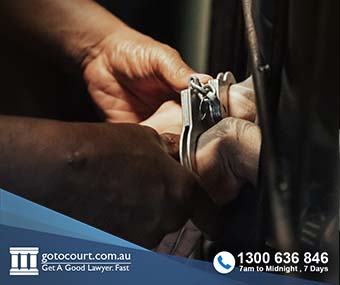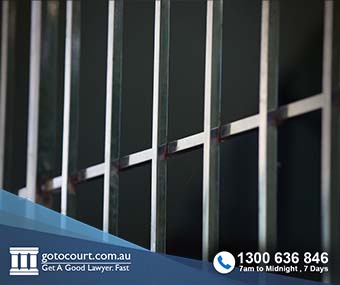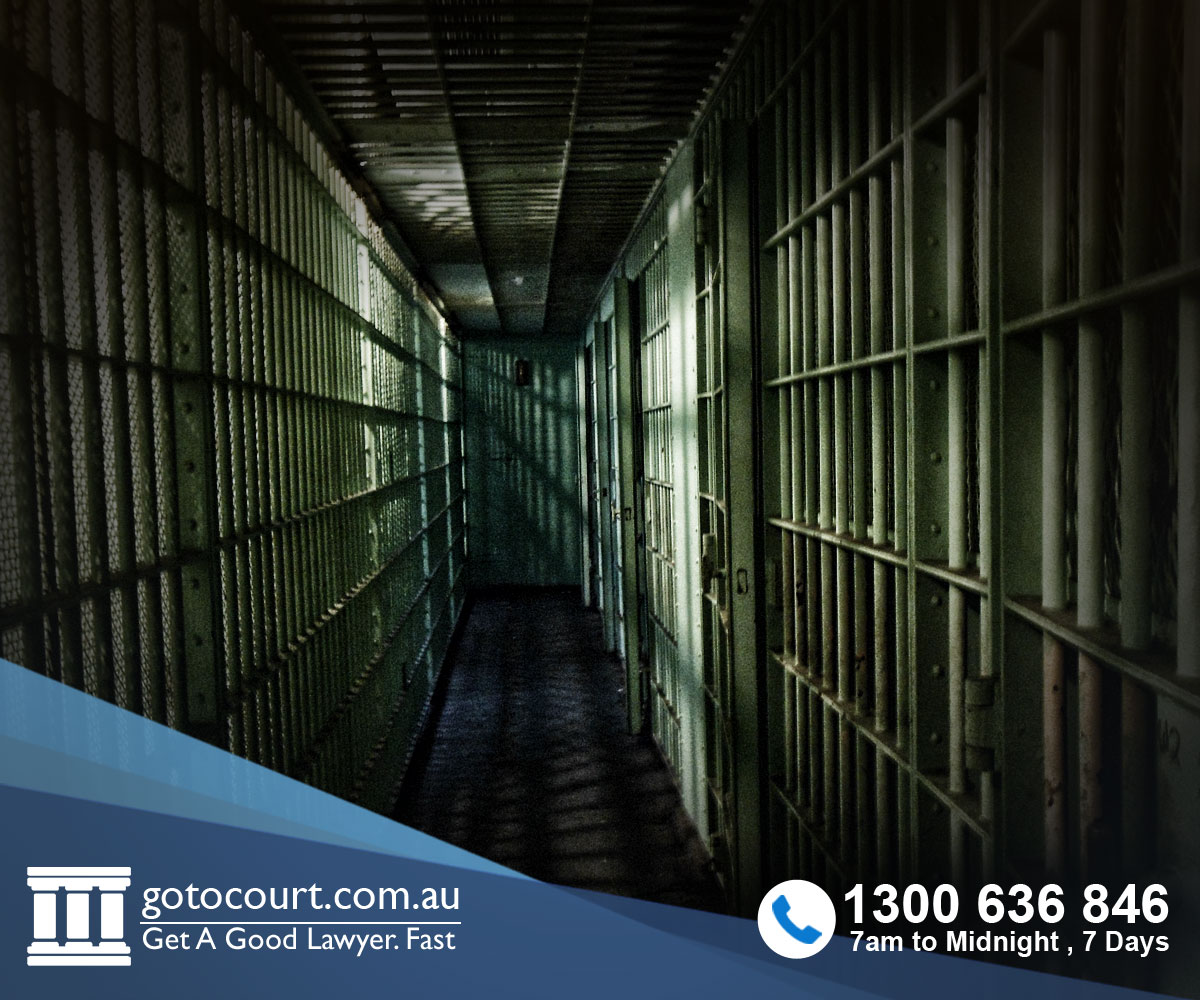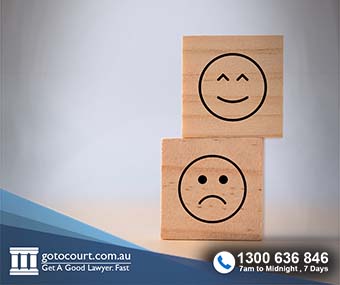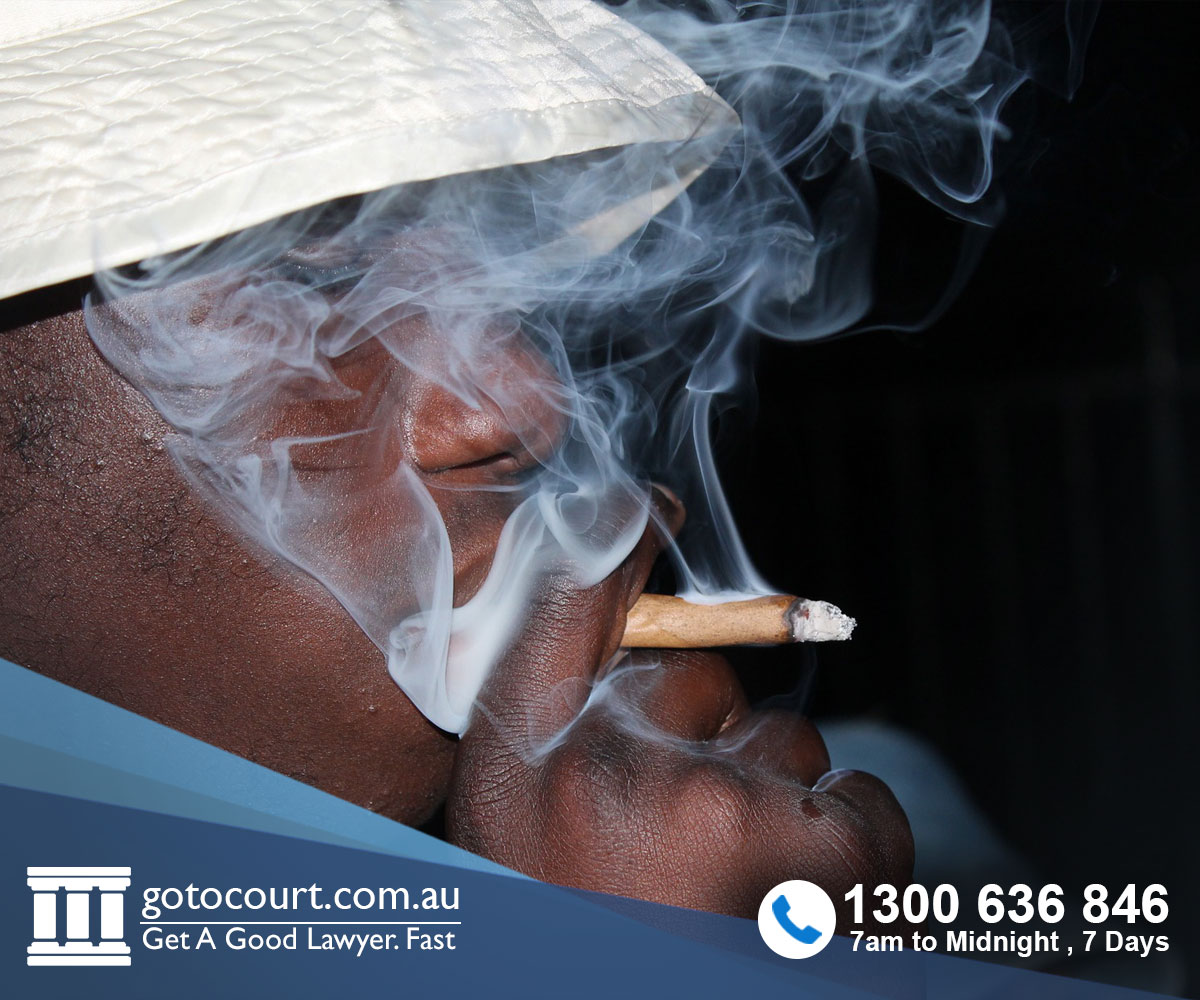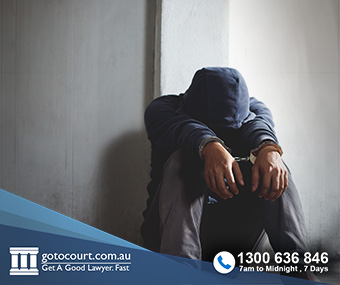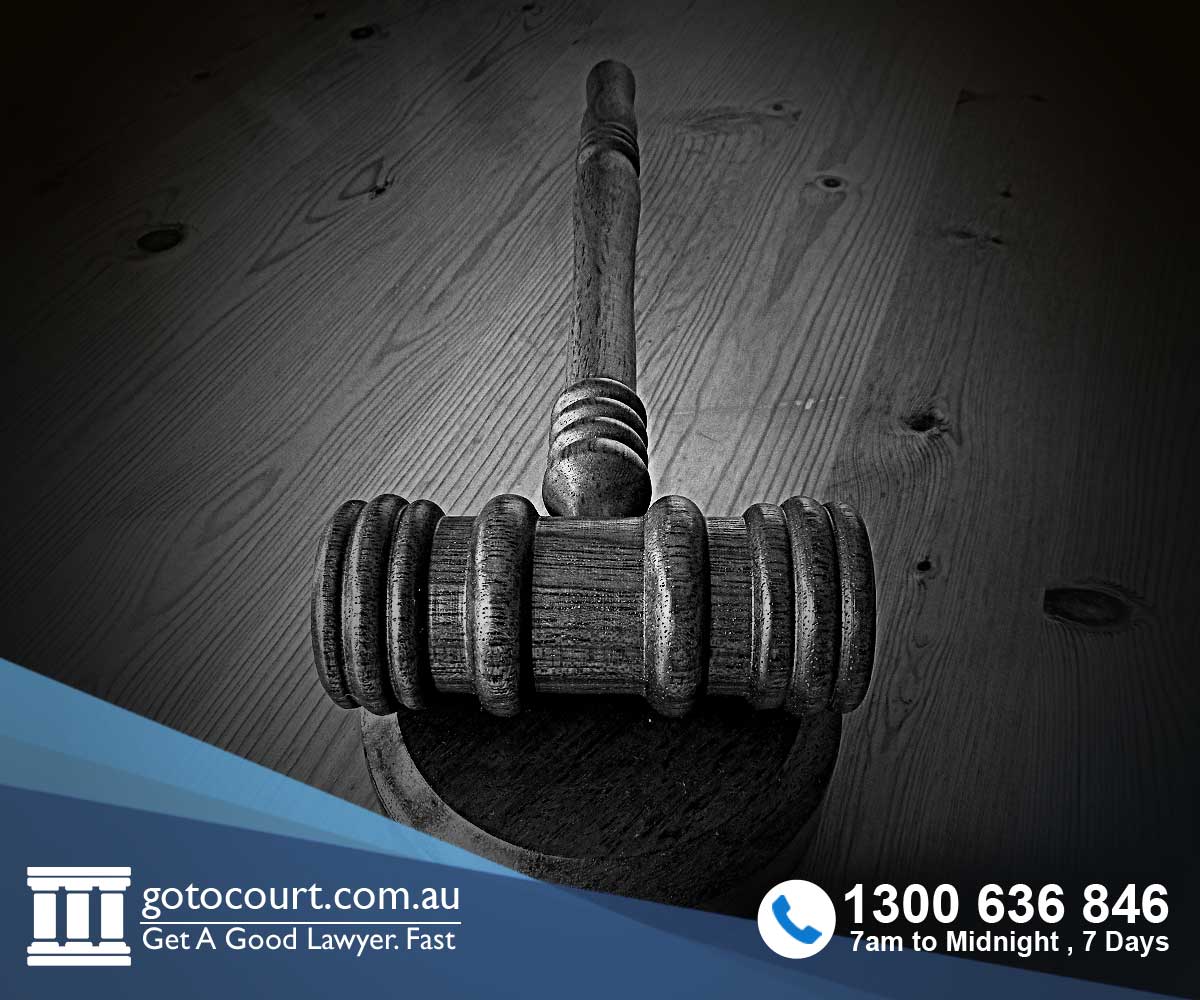Call our lawyers
now
or,
have our lawyers
call you
Good Behaviour Bonds in New South Wales
Updated on Aug 08, 2023 • 2 min read • 1129 views • Copy Link
Good Behaviour Bonds in New South Wales
A good behaviour bond is a sentencing order that requires an offender to abide by conditions, including to be of ‘good behaviour’ for a specified period. It is a penalty that is generally imposed for low-level offending or for a person’s first offence. In New South Wales, good behaviour bonds for adults no longer exist. However, good behaviour bonds still exist as a sentencing option for young offenders under the Children (Criminal Proceedings) Act 1987.
Good behaviour bonds for young people
A young person can be sentenced to a good behaviour bond for a period of up to two years. This means that for the period of the order, the young person must not commit a further offence and must attend court if called upon to do so. If the young person commits a further offence while on a good behaviour bond, the court may resentence them for the original offending.
A good behaviour bond may be imposed with additional conditions attached. This may include a condition that the young person perform community service work or pay a fine or compensation.
Abolition of good behaviour bonds for adults
In 2018, the Crimes (Sentencing Procedure) Act 1999 was amended and a number of community-based sentencing options for adults were abolished. Suspended sentences, good behaviour bonds and home detention orders were all abolished at this time. The government replaced these sentencing options with new community-based sentencing options that involved a higher level of supervision and could be tailored to the individual situation.
The government said that the changes were necessary because a high number of offenders were being sentenced to community-based orders that did not involve supervision. These orders were felt to be ineffective in addressing the causes of offending behaviour.
Under the amendments, good behaviour bonds were replaced by community release orders.
Conditional release orders
When a person is sentenced to a conditional release order, they must agree not to commit a further offence for the period of the order. They must agree to appear before the court if called upon to do so. Other conditions may also be imposed as part of a conditional release order such as a condition that the offence take part in specified programs or abstain from alcohol and drugs.
If you require legal advice or representation in any legal matter, please contact contact Go To Court Lawyers.


Affordable Lawyers
Our Go To Court Lawyers will assist you in all areas of law. We specialise in providing legal advice urgently – at the time when you need it most. If you need a lawyer right now, today, we can help you – no matter where you are in Australia.How It Works








1. You speak directly to a lawyer
When you call the Go To Court Legal Hotline, you will be connected directly to a lawyer, every time.


2. Get your legal situation assessed
We determine the best way forward in your legal matter, free of charge. If you want to go ahead and book a face-to-face appointment, we will connect you with a specialist in your local area.


3. We arrange everything as needed
If you want to go ahead and book a fact-to-face appointment, we will connect you with a specialist in your local area no matter where you are and even at very short notice.



